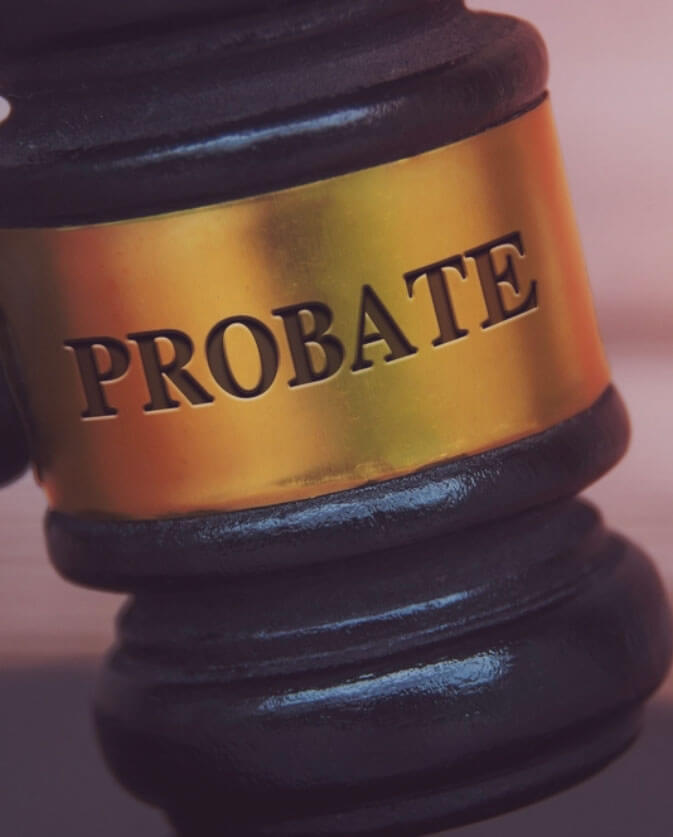Wills & Probate Republic of Ireland
Get Expert Advice On Making Your Will, Your Way
Our team is highly experienced in handling all matters regarding Wills and Probate.
Whether you are planning for the future of your loved ones or negotiating the complexities of being named in the Will of another, we are here to make your process run smoothly.
Will Services
It is essential that all adults, not just the elderly, have a Will. If you have any assets or property, this is especially important. A Will is simple and relatively inexpensive. If prepared well, a Will can be used to reduce tax liability and other expenses upon death. This will ensure that your final wishes are honoured upon your death and that the family you have left behind are well taken care of. We offer a Will writing and advice service for a very reasonable fee.
A Will can help avoid family conflict during challenging times reserved for grieving a death. Your expert probate and Wills team at Clarendon Legal will ensure that you have a stress-free experience. Leaving a Will is the most important thing you can do for your loved ones. We can provide expert advice and guidance on making your Will. We also help with Enduring Powers of Attorney or Advanced Healthcare Directives. These arrangements are vital for planning ahead to secure your family’s inheritance.
Our Will-drafting services include but are not limited to the following:
• Writing and executing your Will
• Providing relevant inheritance tax advice
• Advice on alterations in your circumstances and how your estate will be affected
• Protecting the interests of your children/dependents and appointing guardians
A professionally prepared Will shall ensure that your estate is managed in accordance with your wishes.
To get started with your Will, get in touch today.
• Providing relevant inheritance tax advice
• Advice on alterations in your circumstances and how your estate will be affected
• Protecting the interests of your children/dependents and appointing guardians

Wills & Probate FAQ
Probate Services
We will expertly guide you to navigate the complex and challenging legal situation of dealing with the estate of a friend or relative who has passed.
Our probate expertise will ensure you successfully complete this complicated and challenging process, regardless of whether you are an Executor for a Will that is in existence or an Administrator for a Will that has yet to be created.
Our probate specialists can help you with the following:
• Advising on Decision Support Arrangements, which are legally recognised arrangements for people who require support to make decisions
• Advice about Enduring Powers of Attorney, Advanced Healthcare Directives and other situations in which a loss of capacity may occur
• Mental Health & Capacity Law services
• Valuation of assets and liabilities from the estate of the deceased
• Minimising the tax liability of beneficiaries and deceased persons
• Registration of property
• Insurance and Unoccupied Property
For expert legal advice on probate matters, get in touch today.
• Advice about Enduring Powers of Attorney, Advanced Healthcare Directives and other situations in which a loss of capacity may occur
• Mental Health & Capacity Law services
• Valuation of assets and liabilities from the estate of the deceased
• Minimising the tax liability of beneficiaries and deceased persons
• Registration of property
• Insurance and Unoccupied Property




